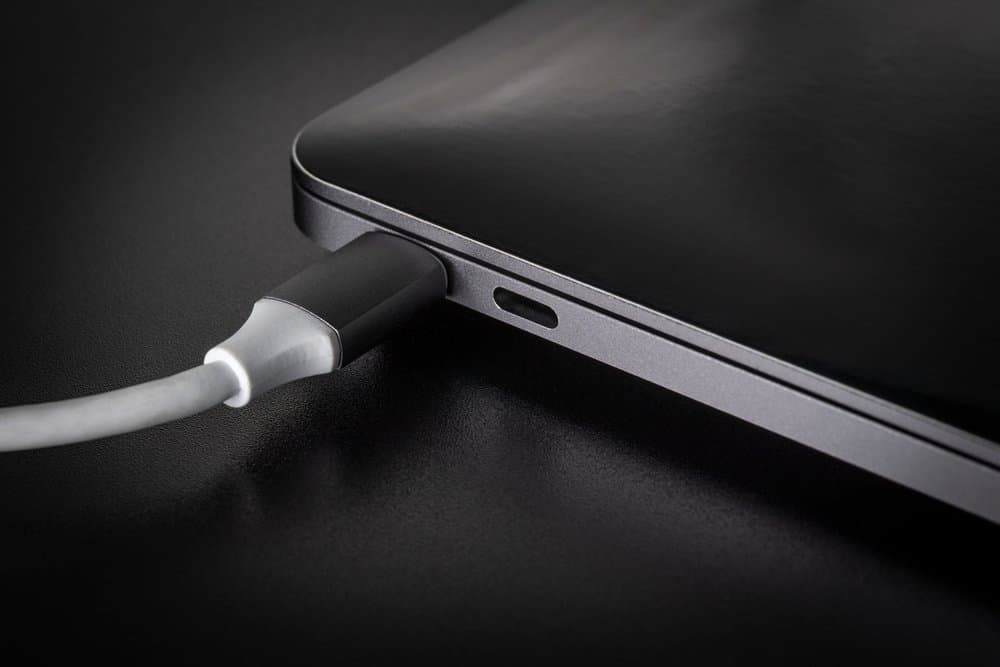Apple will again face scrutiny from the European Commission. The company is being warned not to make certain features available only for original Apple cables. The mobile phone manufacturer is planning to introduce a new charging technology in the iPhone 15 this year.
Particularly with the launch of the new model, Apple wants to move away from the current “Lightning” standard charging cables and switch to the industry-wide USB-C standard that Apple introduced some time ago for iPads, iMacs and laptops, for example.
It may seem odd that Apple wants to maintain control over the charging cables people use with its devices. However, the tech giant certainly has its reasons. Currently, Apple devices use an integrated circuit (IC) to determine whether a Lightning cable or accessory is an “authentic” Apple product or an Apple-approved Made-For-iPhone (MFi) product. That means that even if a user purchases a Lightning cable from a non-Apple manufacturer, that company must pay Apple a licensing fee to use the Lightning port.
According to leaks and rumors, Apple has figured out a way to even integrate USB-C into the Made-For-iPhone ecosystem (thus preserving its licensing revenue). The fear is that Apple could then limit what features are available for third-party cables and products.
The European Commission is once again taking action against Apple. In December 2024, an EU directive for uniform device chargers will come into force. According to this law, restrictions on interaction with chargers are not allowed, EU Commissioner for Industry Thierry Breton writes in a letter to Apple.
The letter, made available to the Deutsche Presse Agentur (dpa) news agency, emphasizes that devices such as mobile phones, tablets, e-readers, digital cameras, headphones, portable speakers and keyboards must be able to be charged via USB-C according to the new EU legislation.
“Devices that do not meet the requirements for the common charger will not be allowed on the EU market,” wrote Breton, who is also responsible for implementing the Digital Services Act.
SEO Optimized Article Text:
Apple is facing scrutiny from the European Commission for not making certain features available only for original Apple cables. The tech giant is planning to introduce a new charging technology in the iPhone 15 this year, moving away from the current “Lightning” standard charging cables and switching to the industry-wide USB-C standard. Apple devices use an integrated circuit (IC) to determine whether a Lightning cable or accessory is an “authentic” Apple product or an Apple-approved Made-For-iPhone (MFi) product, meaning that companies must pay Apple a licensing fee to use the Lightning port. The EU directive for uniform device chargers will come into force in December 2024, requiring devices such as mobile phones, tablets, e-readers, digital cameras, headphones, portable speakers and keyboards to be able to be charged via USB-C. Devices that do not meet the requirements for the common charger will not be allowed on the EU market.





